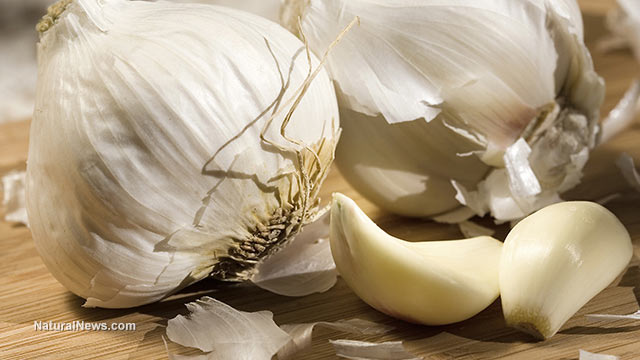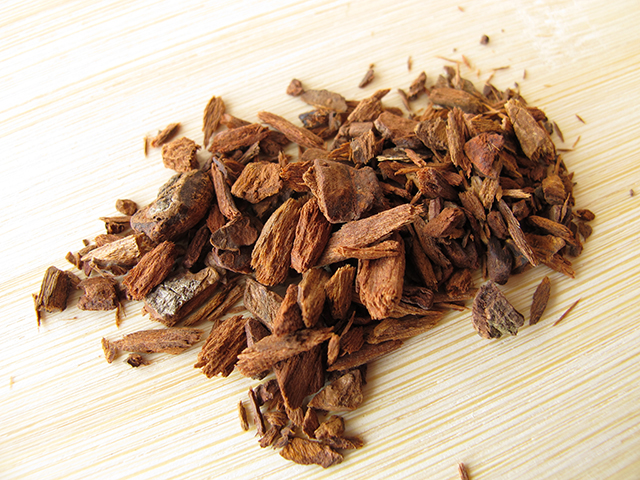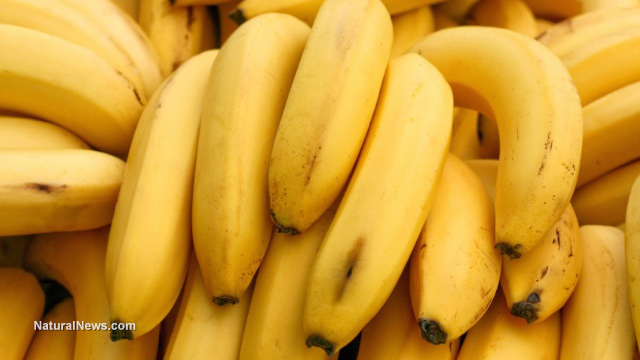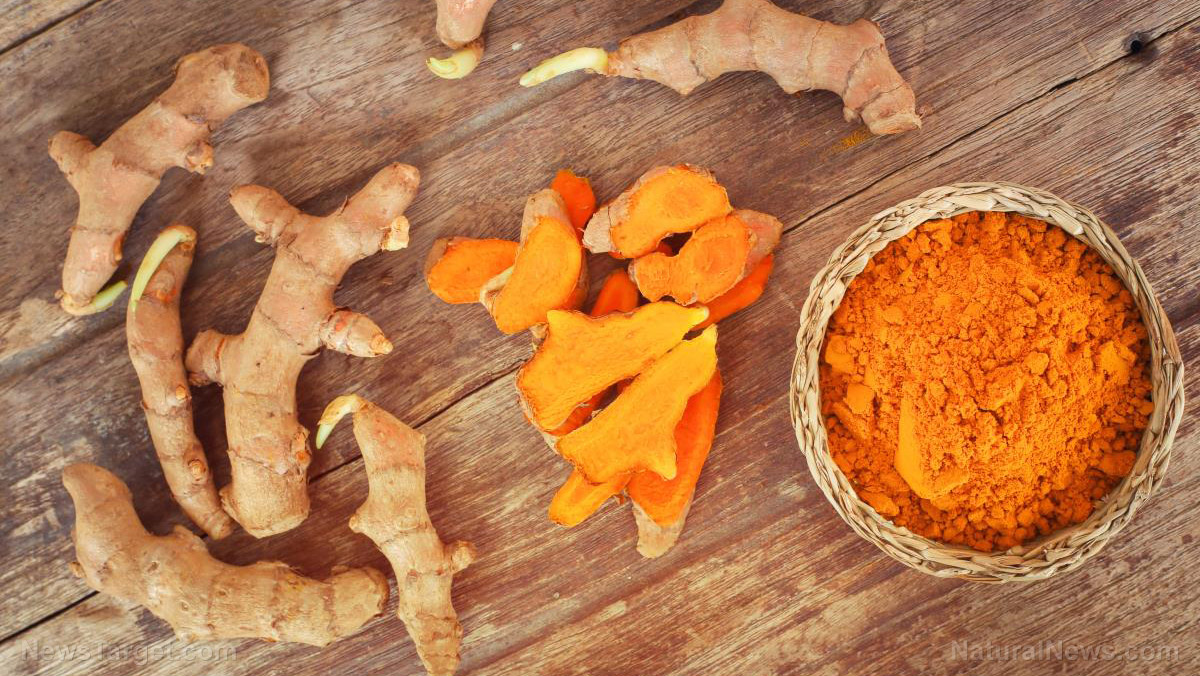Flavanols in grape seed have potential anti-obesity properties – study
07/30/2020 / By Evangelyn Rodriguez
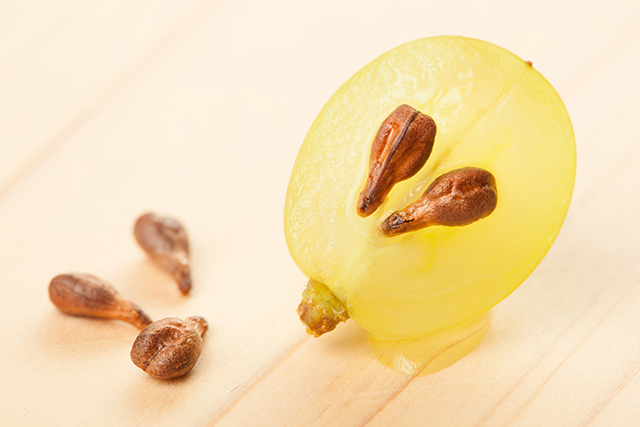
Eating fatty foods is associated with a lot of health problems. Studies show that people on a high-fat diet are more likely to sustain arterial damage, suffer from a heart attack and develop insulin resistance than people who eat healthy.
However, according to researchers at Virginia Polytechnic Institute and State University and The Ohio State University, the negative effects of a high-fat diet can be neutralized by supplementing with flavanols.
Flavanols are a class of active plant compounds known as flavonoids. Well-known flavanols, which are commonly found in plant-based foods, include catechin, epicatechin, epigallocatechin, gallocatechin and procyanidins. These compounds are all well-known for their antioxidant and anti-inflammatory activities.
In a recent study published in the journal Nutrition Research, researchers examined whether flavanols from grape seed and pine bark could protect mice from the negative consequences of a high-fat diet.
They found that, despite an increase in weight gain, flavanol supplementation prevented high-fat diet-induced inflammation. Inflammation is the body’s natural response to chronic overeating and is linked to the development of serious diseases, such as diabetes and certain types of cancer.
The mechanism behind the protective effects of flavanols
Weight gain and obesity are associated with increased levels of pro-inflammatory cytokines. Cytokines, such as interferons and interleukins, are signaling molecules released by immune cells that influence their behavior or the behavior of neighboring or distant cells. Cytokine production is a necessary part of many important processes, such as immune regulation and hematopoiesis — the development of mature red blood cells.
Following the ingestion of a high-fat diet, immune cells in the brain and other organs release pro-inflammatory cytokines that trigger inflammation. In the intestine, fatty foods also cause alterations in the gut microbiota that lead to chronic systemic inflammation. The activation of these inflammatory pathways eventually affects the ability of fat cells to get rid of circulating free fatty acids, which promotes obesity and increases the risk of complications, such as Type 2 diabetes, cardiovascular disease, liver disease, atherosclerosis and cancer.
According to studies, dietary flavanols can reduce the severity of metabolic aberrations caused by a high-fat diet. The degree of polymerization of flavanols also appears to play a role in determining the extent of their protective effects.
To investigate these interactions, the researchers fed mice flavanol-rich grape seed or pine bark (35 mg/kg body weight) daily for 13 weeks together with a high-fat diet. They then compared these groups to mice fed a low-fat diet and mice fed a high-fat diet without flavanol supplementation (control).
The researchers found that the groups given grape seed and pine bark had significantly reduced levels of the pro-inflammatory cytokine, interleukin-6. The mice supplemented with grape seed — whose flavanols have a lower degree of polymerization than pine bark flavanols — had the lowest levels of interleukin-6, despite gaining the most weight. This suggests that low-dose flavanol supplementation, regardless of the degree of polymerization, can reduce high-fat diet-induced inflammation.
Based on these findings, the researchers concluded that flavanols in plant-based foods can be used to prevent inflammation linked to obesity and diabetes. They also believe that flavanol-induced hyperphagia (a strong desire to eat) may help attenuate cachexia, or weakness caused by severe chronic illness.
Flavanol sources and benefits
Flavanols can be found in a variety of superfoods, such as green tea, cocoa beans, grapes, apples and blueberries. Raw cocoa beans, in particular, are naturally rich in flavanols, which is why cocoa is extensively studied as a nutraceutical and functional food.
Some of the notable health benefits associated with cocoa flavanols are cardiovascular and brain benefits. Cocoa flavanols are said to stimulate the production of nitric oxide, which is known to dilate blood vessels. This helps improve blood circulation and the elasticity of blood vessels.
Regular intake of flavanols from cocoa is also linked to better blood pressure and blood cholesterol levels. In addition, a recent study in Frontiers in Nutrition suggests that cocoa flavanols can improve cognitive function and counteract different types of cognitive decline. (Related: Couldn’t sleep last night? A cup of cocoa for breakfast can reduce the negative effects of sleep deprivation.)
Many fruits are known to contain flavanols, although the levels can be variable. Find out which fruits can help increase your flavanol intake at Fruits.news.
Sources include:
Tagged Under: alternative medicine, cocoa, fight obesity, flavanols, food cures, food is medicine, functional food, grape seed, natural cures, natural medicine, phytonutrients, pine bark, prevent diabetes, remedies, research, supplements
RECENT NEWS & ARTICLES
COPYRIGHT © 2017 NATURAL CURES NEWS

